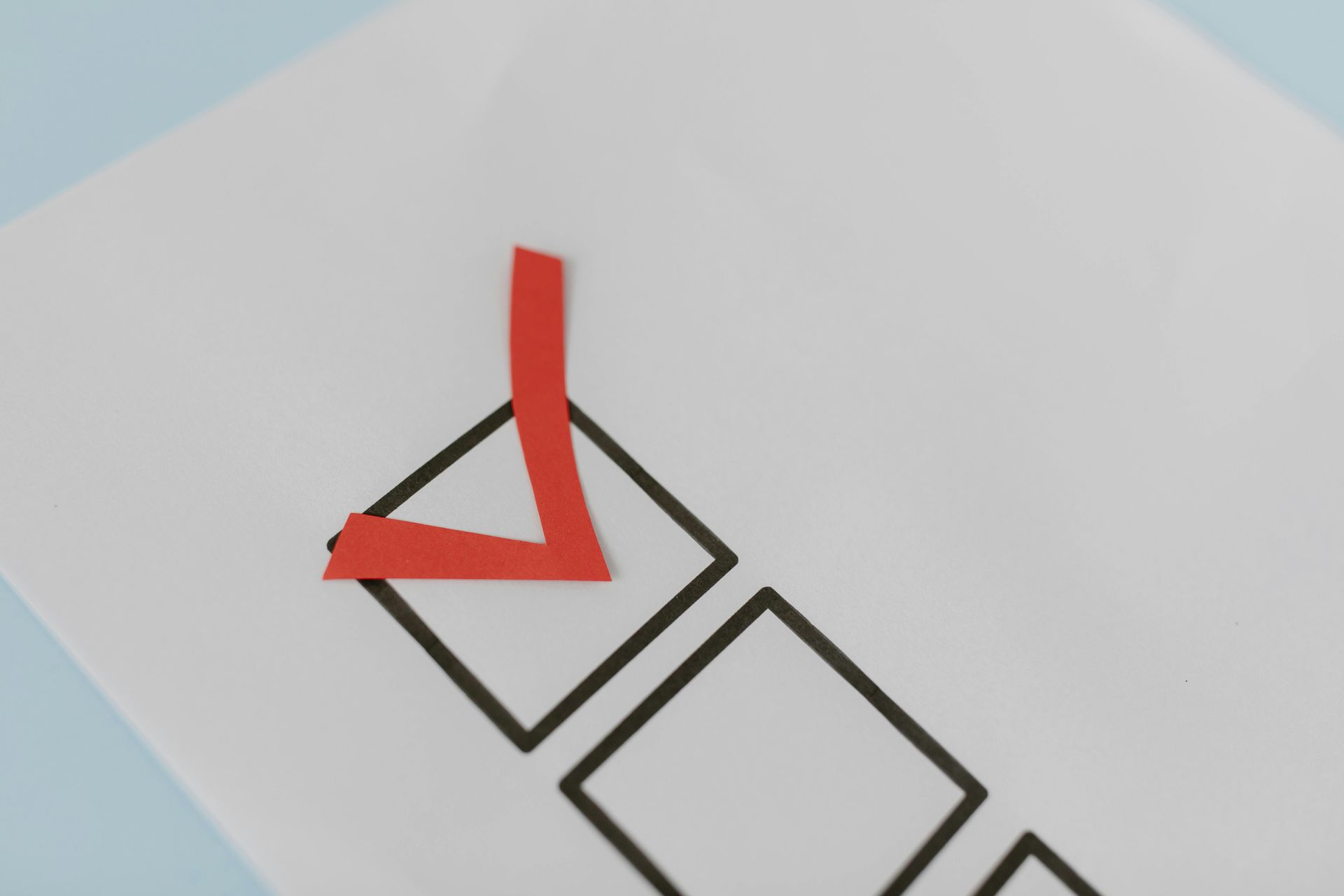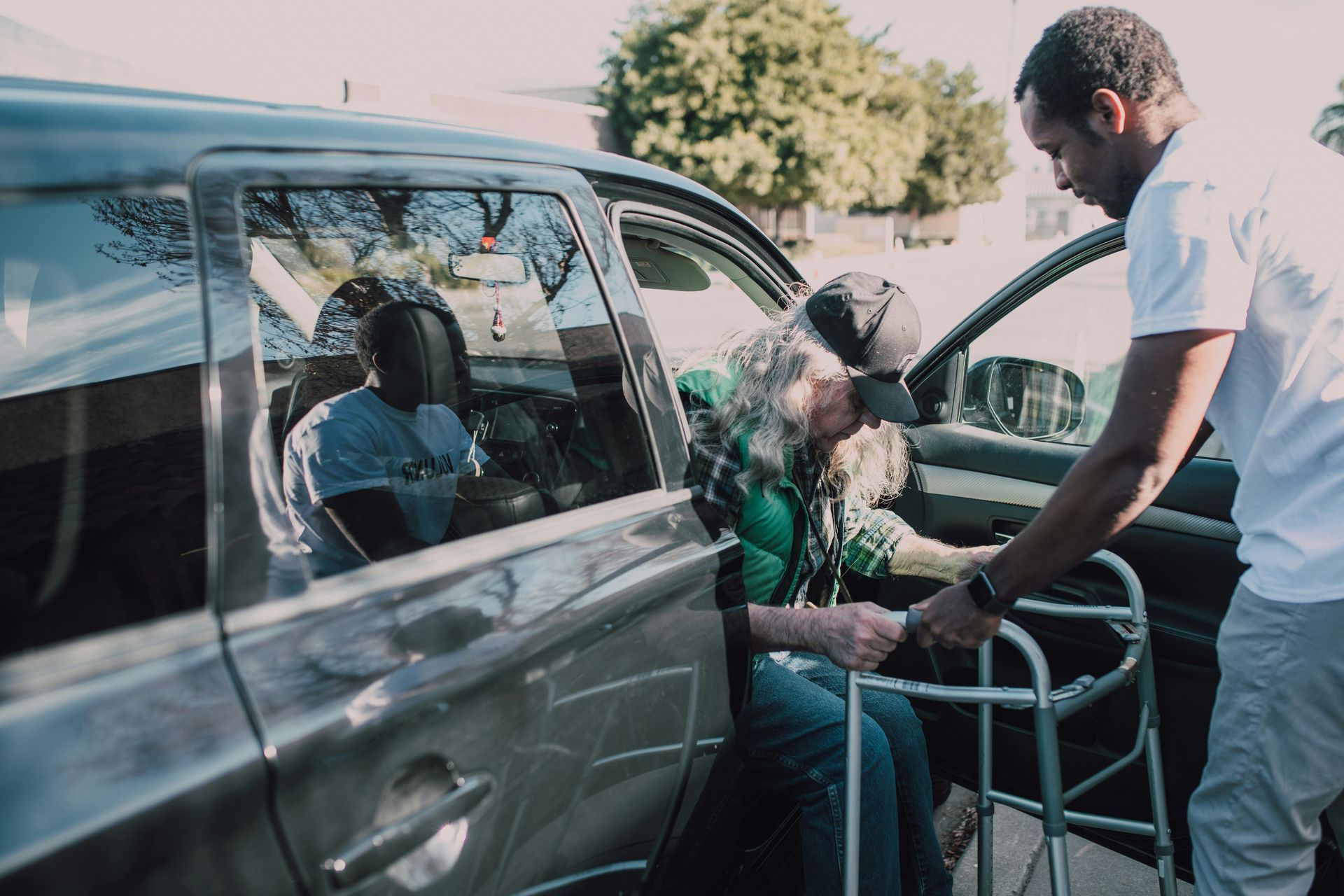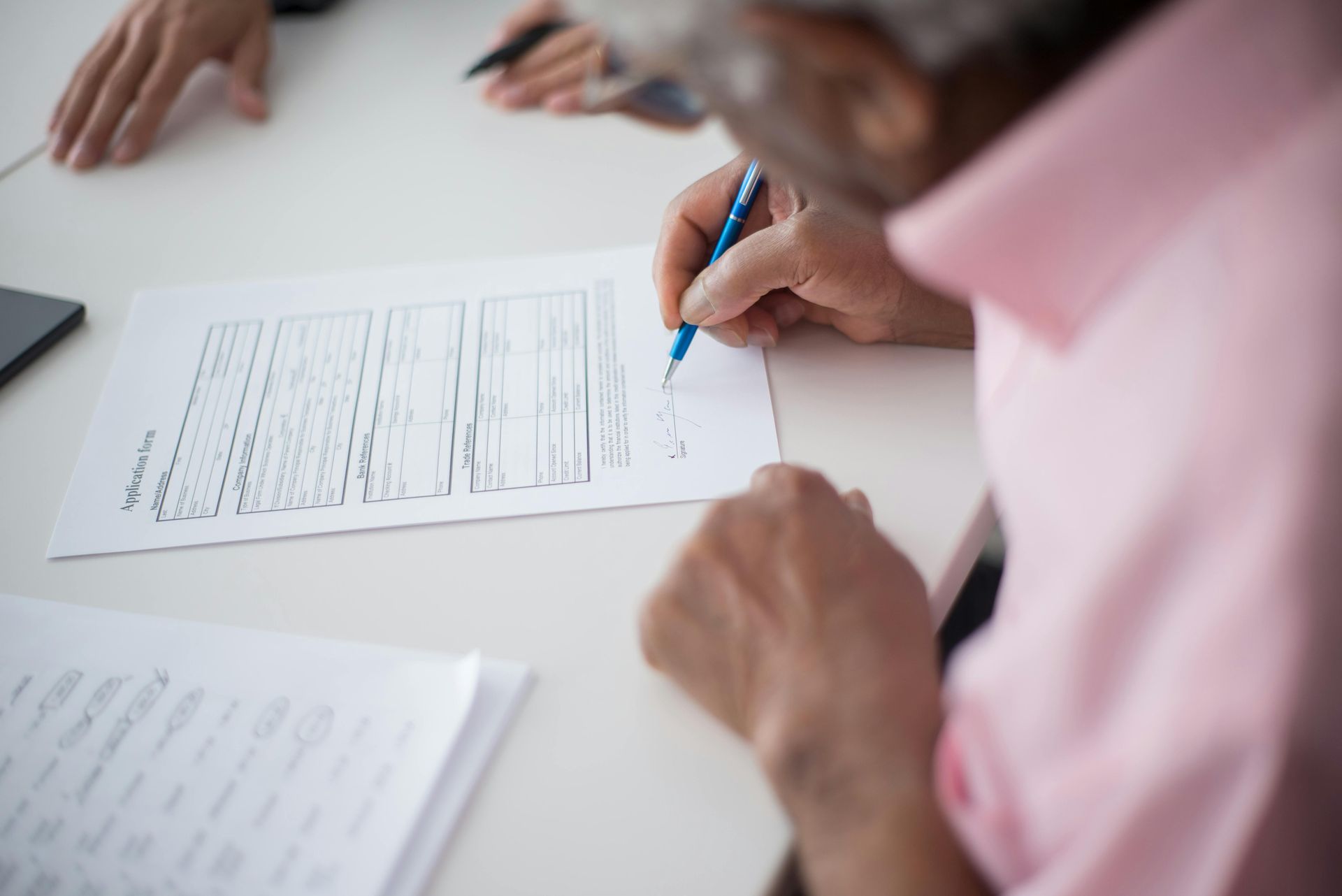How to Win Your Social Security Disability Hearing in 2025
How to Win Your Social Security Disability Hearing in 2025

How to Win Your Social Security Disability Hearing in 2025
If your initial Social Security Disability (SSDI or SSI) application was denied, you’re not alone. Most people are denied at first — but you still have a real shot at winning your case during your disability hearing.
This guide explains exactly what to expect at the hearing and how to give yourself the best chance at getting approved.
What Is a Social Security Disability Hearing?
A disability hearing is a formal but non-adversarial meeting where an Administrative Law Judge (ALJ) reviews your case. It’s usually held remotely or at a hearing office. You (or your representative) can present evidence and answer questions about your health and work history.
Tip #1: Know Why You Were Denied
Understanding why Social Security denied your initial application is crucial. Look at your denial letter — the SSA often claims:
- Your condition isn’t severe enough
- You can still do some type of work
- You didn’t submit enough medical evidence
- You didn’t follow treatment
Identifying these weaknesses helps you prepare your strongest case at the hearing.
Tip #2: Prepare the Right Evidence
This is where many applicants fall short. Bring updated, clear documentation such as:
- Medical records from doctors, specialists, and hospitals
- A detailed list of medications and side effects
- Written statements from physicians (especially RFC forms)
- Past work history and job descriptions
The judge wants to see how your condition impacts your ability to work full time.
Tip #3: Practice Answering Key Questions
Here are some questions the ALJ or your lawyer may ask:
- What symptoms limit your daily activities?
- When did your condition start?
- Why can’t you do your past jobs?
- How do your medications affect you?
Be honest, but focus on how your condition prevents you from working.
Tip #4: Get Legal Representation
Statistically, your chances of winning go up significantly with a qualified disability lawyer.
An attorney can:
- Prepare your medical evidence
- Cross-examine any expert witnesses
- Help you practice for the hearing
- Make sure nothing gets missed
At Crossroads Disability, we only get paid if you win your case — and our team fights for you at every step.
Tip #5: Stay in Contact with Your Lawyer or Rep
This is crucial before the hearing. Make sure your representative has:
- All your updated medical records
- Any new test results or doctor visits
- Changes in your daily limitations or mental health
What Happens After the Hearing?
After the hearing, it may take 2–4 months to receive a decision. If approved, you’ll also receive:
- A monthly benefit check
- Back pay
- Medicare (after a 24-month waiting period) or Medicaid
If denied, you may still appeal to the Appeals Council or Federal Court (which our firm also handles).
Need Help Preparing for Your SSDI Hearing?
At Crossroads Disability, we specialize in helping people win Social Security Disability hearings. We’ll build your case, fight for you in front of the judge, and help you collect the benefits you deserve.
📞 Contact us today for a free case evaluation. No fee unless we win.










